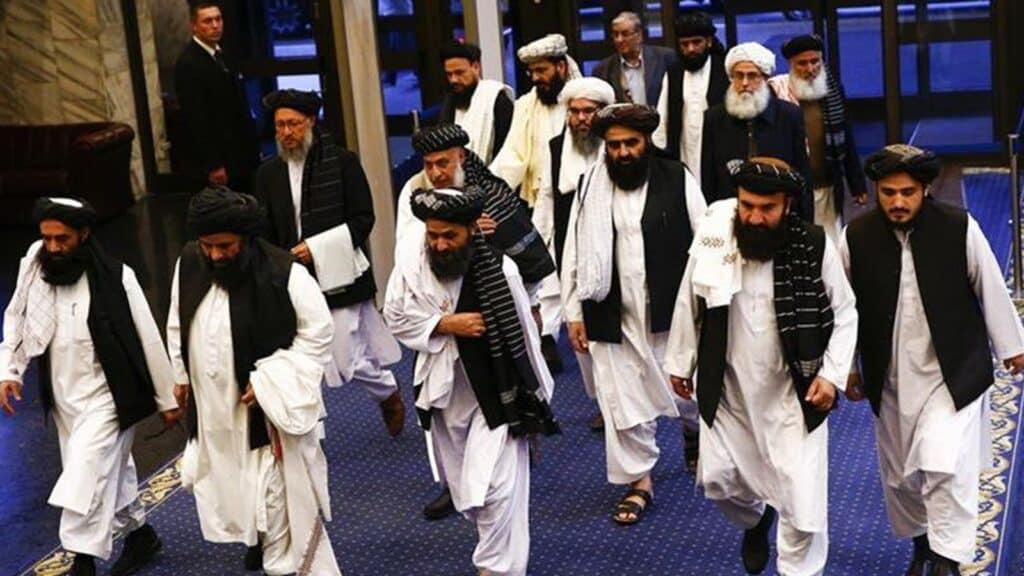On August 15, 2021, the Taliban marched into Kabul, promising stability, security, and a government that would represent the Afghan people. Four years later, the reality is starkly different: Afghanistan is a nation held hostage by fear, with women erased from public life and the people stripped of their basic freedoms.
The Taliban claim credit for bringing “peace” by ending the war, but this peace is nothing more than a forced silence. Political parties are banned, free media suffocated, and civil society dismantled. Anyone who dares to raise a voice against the regime faces intimidation, arrest, or worse. What exists today is not stability—it is authoritarian control dressed up as governance.
Nowhere is the Taliban’s cruelty more visible than in their treatment of women. Over two million Afghan girls remain barred from secondary and higher education. Universities have closed their gates, female teachers and employees have been pushed out, and women are banned from most jobs. Even their movement is tightly restricted, requiring male guardians and facing endless harassment. This systematic exclusion has crippled Afghanistan’s education, health, and economic sectors, depriving the nation of half its talent and workforce.
Internationally, the Taliban remain isolated. In four years, not a single major country has recognised their government. Russia has taken limited steps, but the United Nations continues to deny the Taliban Afghanistan’s official seat. The Organisation of Islamic Cooperation (OIC) treats them as observers rather than legitimate representatives. Foreign reserves remain frozen, international sanctions persist, and despite strict taxation and control of revenues, the Afghan economy struggles with poverty, unemployment, and widespread hunger.
Ordinary Afghans suffer the most. Millions remain displaced within the country, while neighbouring nations such as Pakistan and Iran have deported thousands of Afghan refugees back into poverty and repression. With no jobs, collapsing services, and no political voice, survival itself has become a daily battle.
The Taliban’s so-called “Emirate” is not a functioning state but a regime built on fear. Their rule has erased women, silenced dissent, and locked Afghanistan out of the international community. After four years, Afghans are not free, not prosperous, and not at peace—they are prisoners in their own homeland.
Unless the Afghan people and the global community challenge this suffocating rule, the Taliban’s grip will tighten, condemning another generation to life under chains.





